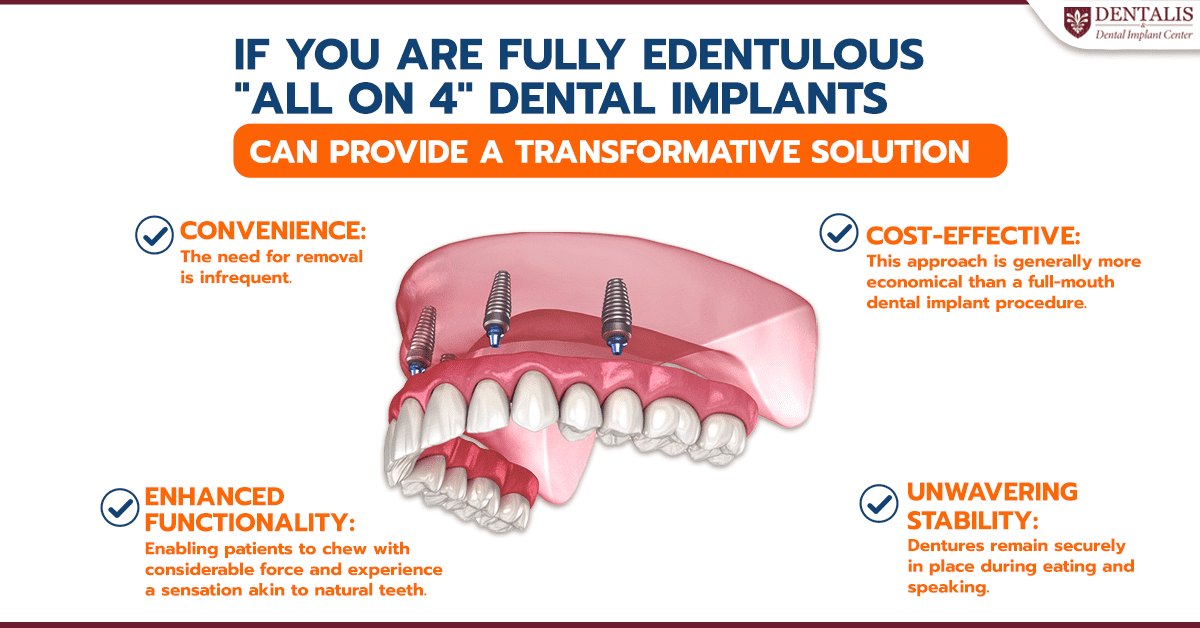
Oral & Maxillofacial Surgery is one of the specialties in dentistry .Oral & Maxillofacial Surgery involves various areas of treatment. Along with routine dentoalveolar surgery, which includes complex dental extractions and the placement of dental implants, oral surgeons are responsible for diagnosing and treating oral disease, in particular benign and malignant tumors of the jaws, head and neck.
They also perform surgeries to aid in the treatment of sleep disorders, and surgical treatment of the TMJ (the joint that is formed between the mandible and the base of the skull).
What is Oral and Maxillofacial Surgery?
Oral and maxillofacial surgery is a dental specialty which relates to the treatment of disease and disorders of the mouth, teeth and facial structures. This includes the removal of teeth, placement of dental implants, biopsy and removal of cysts and lesions of the mouth and jaws, and reconstructive facial surgery.
What is a dental implant?
Dental implant is an artificial permanent tooth. A dental implant may be used for single or multiple tooth replacements. Dental implants are designed to look, feel, and function like natural teeth. Dental implants are changing the way people live. There is no additional maintenance, other than a follow-up visit to your cosmetic dentist and proper brushing and flossing on a daily basis.
Finally, a whiter smile gives people to whom you are speaking a place to focus on and gives you a friendlier appearance.
How long does it take to remove the wisdom teeth?
The procedure of removing wisdom teeth usually takes less than an hour. If your tooth is erupted (through the gum tissue) it may be removed without an incision in your gum by loosening and lifting the tooth with special instruments, Occasionally, to ease removal, a tooth is sectioned and removed in two or more pieces. If your tooth is impacted (covered by bone), an incision will be made in the gum. The incision may include removal of a thin layer of bone to create a small window for the removal. Dissolvable sutures may be used to close.
Orthognathic surgery means surgery to straighten the jaws. In Oral & Maxillofacial Surgery, jaw surgery forms an integral part of the practice. As specialists dealing with the jaw and mouth, OMS surgeons understand the occlusion (bite) of the jaw very well. This is very important in ensuring success to the outcome of the surgery. A good knowledge of occlusion is also an important prerequisite in the planning of each case so that fruitful discussions with the orthodontist may take place.
Who needs orthognathic surgery?
Patients who need such surgeries usually complain of difficulty in biting due discrepancies in the upper and lower jaw positions. This could either be due to a long or short lower jaw or even an asymmetrical/crooked jaw. The other common complaint is that patients are very conscious of their jaw. This is a more common complain in cases of long lower jaws.
Other Conditions Treated By Oral Surgery
- Facial injury repair- oral surgery is often used to fix fractured jaws and broken facial bones.
- Lesion removal and biopsy- oral surgeon can take a small sample of abnormal growth or tissue and then send it for laboratory testing for identification.
- Cleft lip and cleft palate repair. Cleft lip and cleft palate result when all or portions of the mouth and nasal cavity do not grow together properly during fetal development. The result is a gap in the lip and/or a split in the opening in the roof of the mouth. Oral surgeons work as part of a team of healthcare specialists to correct these problems through a series of treatments and surgical procedures over many years.
- Snoring/sleep apnea. When conservative methods fail to alleviate this problem, surgery can be tried. Surgical procedures involve removing the soft tissues of the oropharynx (an area in the back portion of the mouth) or the lower jaw. Laser surgery is a newer treatment option. Depending on the surgical technique used, the laser is used to either slowly scar the palate, which tightens it, or to remove palate tissue.
- Facial infections. Pain and swelling in the face, neck or jaws may indicate an infection. Infections in this area of the body can sometimes develop into life-threatening emergencies if not treated promptly and effectively. An oral surgeon can assist in diagnosing and treating this problem. Surgical treatment, if needed, may include cutting into and draining the infected area as well as extracting any teeth that might be involved.




Chat with us